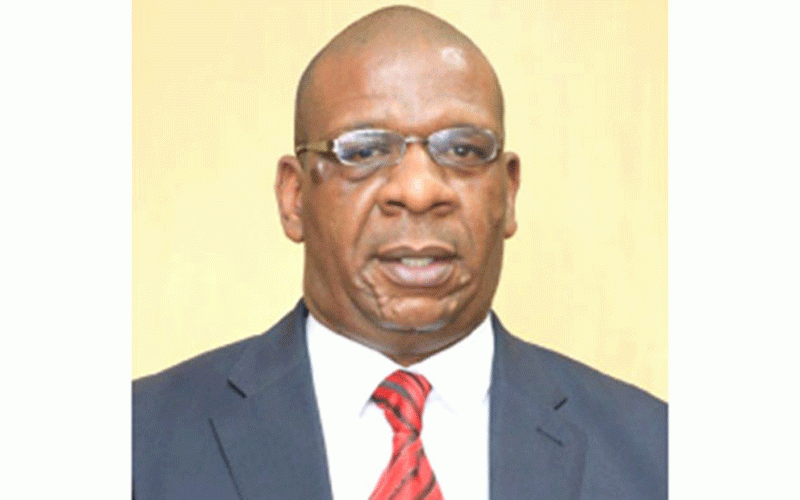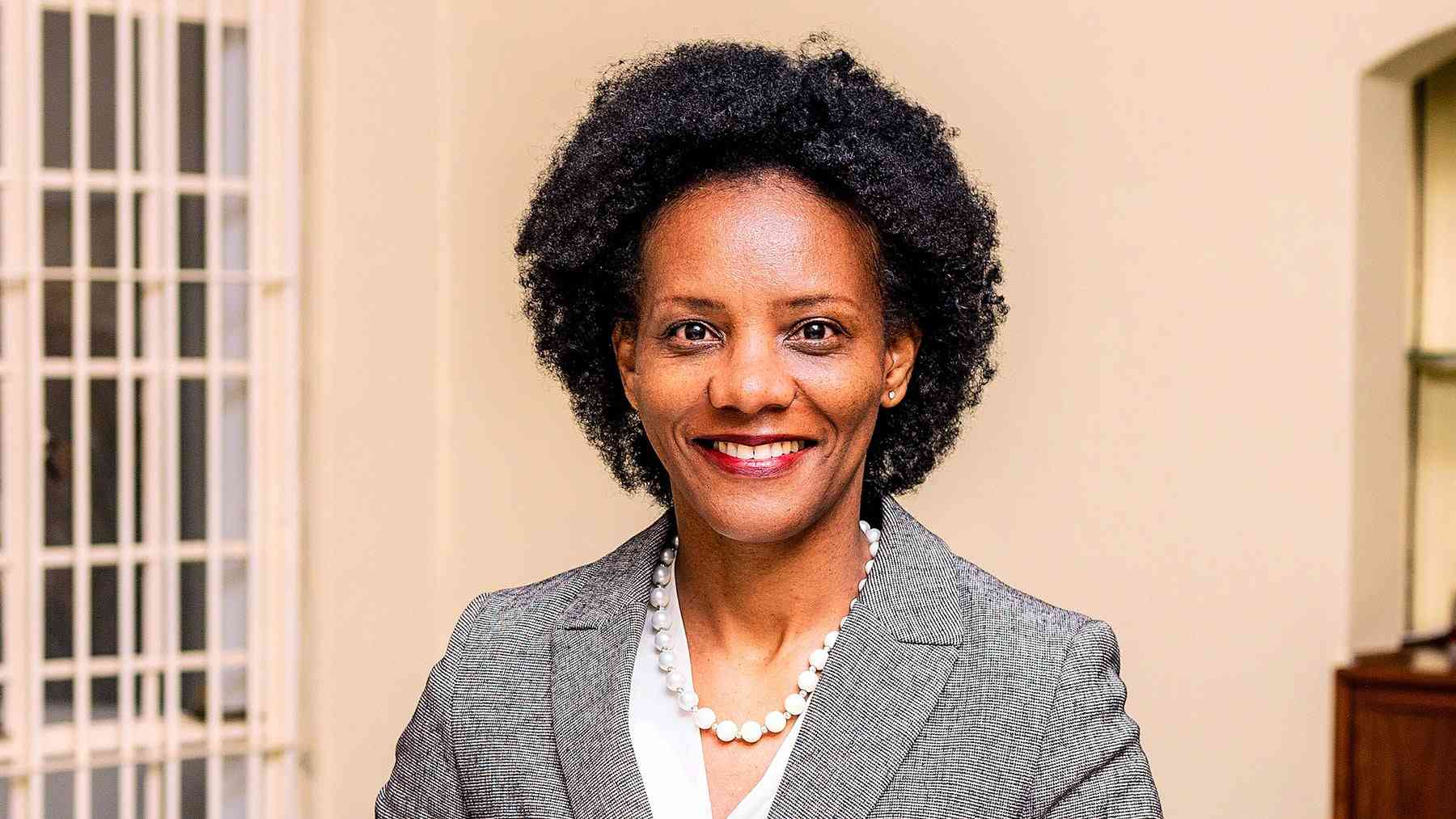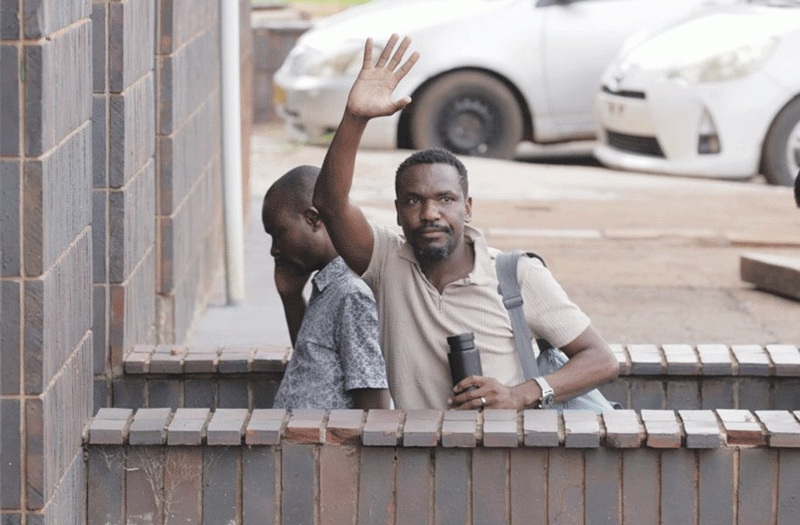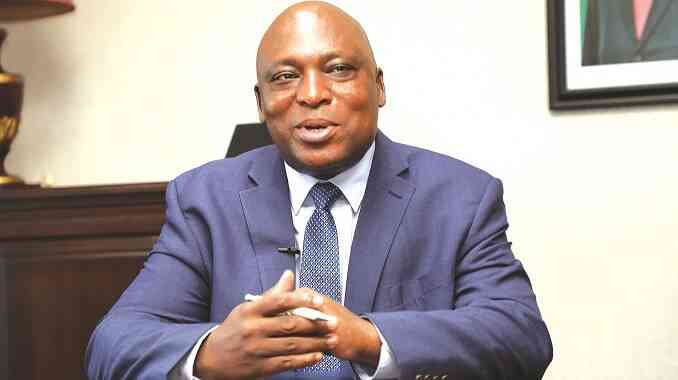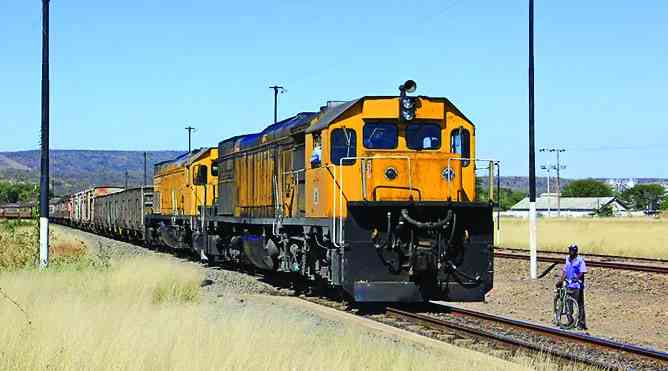
FRANCE has pledged to support Zimbabwe's efforts to revive its public railway network, reigniting long-stalled transportation plans in Harare, a top diplomat told the Zimbabwe Independent.
This commitment follows Vice President Constantino Chiwenga's visit to Paris in July, where he met with leading French companies to explore investment opportunities across various sectors.
Despite Harare’s rapidly growing population, the city has struggled for years to develop an efficient public transportation system.
Previous plans to introduce a railway network connecting residential areas have stalled. However, with France's support, these plans may soon be back on track.
In an interview last week with the Independent, France's newly appointed ambassador to Zimbabwe, Paul-Bertrand Barets, said discussions on setting up the railway network were already underway.
“We would very much like to be able to work more with Zimbabwean authorities on infrastructure and transportation projects,” Barets said.
“I know that the mayor of Harare also present at this event wants to develop a public transportation railway and we would be very keen to share our expertise in this field and the work has started in this direction.”
Harare Mayor Jacob Mafume confirmed that feasibility studies for the project are currently in progress.
- Big send-off for Cont Mhlanga
- Massive ZRP vehicle theft scam exposed
- Zanu PF bigwigs face axe in purge
- Village Rhapsody: Health workers’ grievances need permanent solution
Keep Reading
“The French embassy has approached the central government and there has been a standing memorandum of understanding made to assist us in that regard,” he said.
“The feasibility studies are being done and the viability studies are being done and once we are done it will become clear how much and how the project will be assisted in a natural way.”
The event was attended by representatives from 20 major French firms, highlighting the growing economic ties between the two countries.
Beyond transportation, Barets noted that France was actively involved in various development initiatives across Zimbabwe's productive sectors.
“The French government is actively promoting economic relationships, cultural initiatives, and health-related initiatives. They are contributing to the rehabilitation of the Great Zimbabwe World Heritage Site and promoting French language through alliances in Bulawayo,” he said.
“There is also the modern laboratory at the University of Zimbabwe to analyse wildlife epidemics. Additionally, we are working on gender and economic empowerment, supporting NGOs [non-governmental organisations] like Musasa.”
Barets highlighted the importance of sectors like mining, agriculture, and renewable energy for potential French investments.
He noted the promising collaboration with companies like Hydrogen of France, which aims to provide innovative renewable energy solutions.
“Companies like Hydrogen of France offer logistic transportation and water recycling services for mining, while the company has been a developing business for six years, providing innovative solutions for renewable energy production and storage.”
He mentioned collaboration with companies like Hydrogen of France, which aims to provide innovative renewable energy solutions.
Barets also indicated that Zimbabwe's wealth and resources present opportunities for French companies to establish a hub for Southern Africa.
“However, challenges such as legal security and currency stability must be addressed. Discussions between Zimbabwean authorities and the IMF (International Monetary Fund) are expected to address these issues, with a staff monitoring programme potentially boosting confidence,” Barets said.

